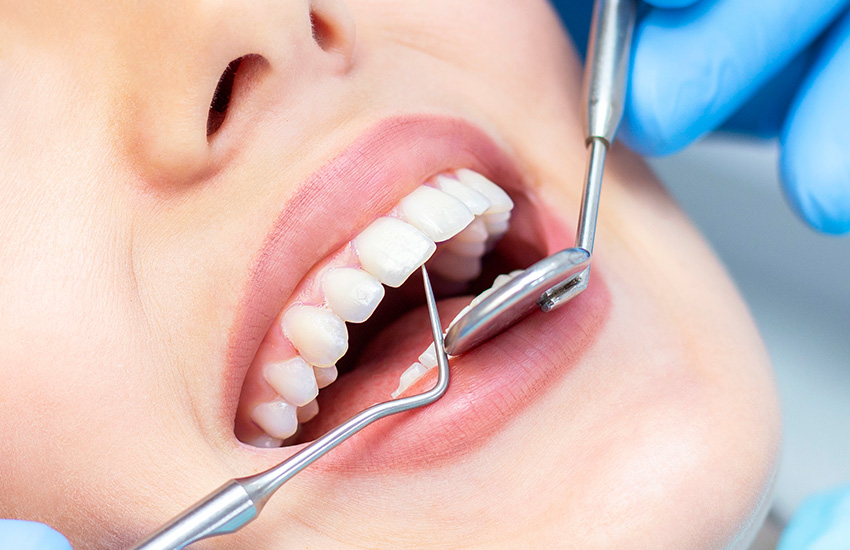It is critical to clear up misconceptions regarding oral health to preserve healthy teeth and gums. Unfortunately, individuals frequently face dental myths and misunderstandings in their daily lives. To clear the air, here is a list of the top dental myths and misunderstandings that are widely held. Individuals can improve their overall oral health by eliminating these myths and misunderstandings. You can consult a dentist in Aliso Viejo, CA, for more information.
- Brushing your teeth more vigorously will result in cleaner teeth.
It is a dental fallacy. Scrubbing harder with a brush is better for cleaning floors and dishes. On the other hand, excessive brushing on your teeth can cause gum irritation, inflammation, frequent bleeding, and progressive recession, raising the risk of gum disease.
Brushing at high pressure can also hasten dental enamel deterioration, especially if the toothbrush bristles are overly firm or the toothpaste is abrasive. To avoid these problems, use strong but mild pressure, a soft-bristled toothbrush, and brush for the suggested 2-minute period. This method assures the greatest possible results while preventing this fallacy’s propagation.
- If your teeth and mouth feel OK, you do not need to see a dentist.
The ‘out of sight, out of mind’ fallacy is a widespread problem in which possible health concerns are ignored until they become evident or cause discomfort. Many dental disorders, however, develop over time and are not immediately visible.
Regular dental visits are important for professionally cleaning and monitoring the mouth and detecting early warning signs of various oral health disorders. They are a preventative strategy that aids in the prevention of minor issues from becoming major ones. Skipping regular dental treatments due to discomfort or feeling well might raise the likelihood of future tooth problems.
- When you brush and floss, it is common for your gums to bleed.
Periodontitis, or gum disease, can be recognized by the appearance of tiny quantities of blood during teeth brushing or flossing. Flossing and brushing remove bacteria-laden plaque from the gums and teeth.
Still, if germs are not eliminated, they can increase and spread to gum tissue, causing swelling, irritation, and infections. When brushing or flossing, gums in this condition are more likely to bleed. Bleeding will diminish as gum health improves with proper oral care and skilled dental treatments.
- Switching to sugar-free beverages and candies might help you avoid cavities.
Sugary foods and sweets can induce tooth decay, but cavities are not caused by sugar. Sugar generates an acidic environment in the mouth where bacteria thrive, eroding and weakening tooth enamel. Other meals can also contribute to acidic surroundings. The main issue is the bacterial response. Sticking to sugar-free beverages and artificially sweetened sweets is insufficient; a regular house cleaning regimen is required to limit bacterial buildup and avoid cavities.

